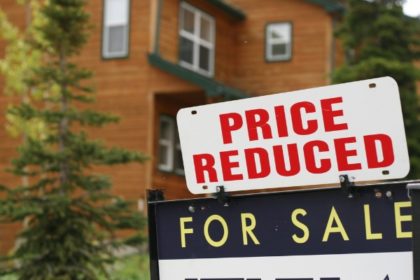During marriage, you and your spouse have likely worked together to accumulate assets and build security for your future together. The financial stress of a divorce, unfortunately, can sometimes put a severe dent in the assets that you have worked a lifetime to build. Where you and your spouse have spent time sharing responsibilities, including financial responsibility for household bills, divorce means that you will each have to financially stand alone. The marital residence is often the largest asset to be divided in the divorce. In some cases, one of the spouses can afford to retain the marital residence and buy the other spouse out of his or her marital interest in the home. However, in many others, neither spouse can afford to keep the home without assistance from the other spouse. If neither you or your spouse can afford to keep the home, then there are a few options that are open to you. 
The first and most straightforward is for you and your spouse is to sell the home and split the proceeds of the sale. Especially where the home is located in an area that is a “seller’s market,” this can work well and provide a simple solution to getting rid of the home. In this situation, however, there are some issues that you should be aware of if this is your choice. First, you need to arrange who will be responsible for residing in the home and making the mortgage, tax, and insurance payments while the sale is pending. Moreover, you need to consider whether that spouse will receive a larger portion of the proceeds of the sale as a result of spending more to keep the home ready for sale.
Another option if you and your spouse cannot afford to continue to pay the mortgage and are concerned about a foreclosure is to talk to your bank about a short sale. In a short sale, the sellers get the lien holder (i.e. the bank) to agree to accept less for the sale of the property than is owed on the mortgage. This will allow you and your spouse to walk away from the home without more debt but be aware that it will negatively impact your credit.
We have extensive experience in helping our clients with complicated property division issues in divorce. Call us today at (320) 299-4249 let us help you.















